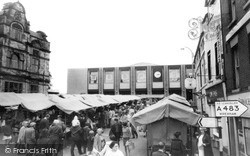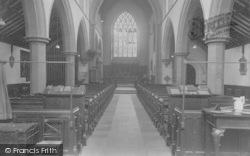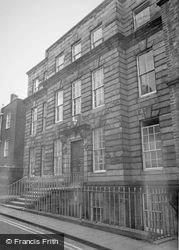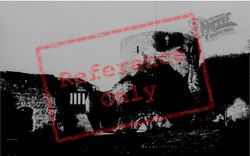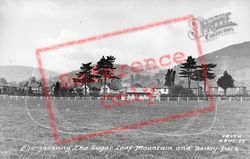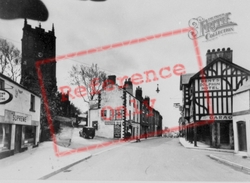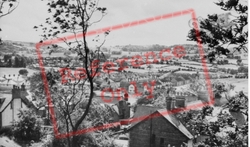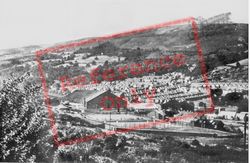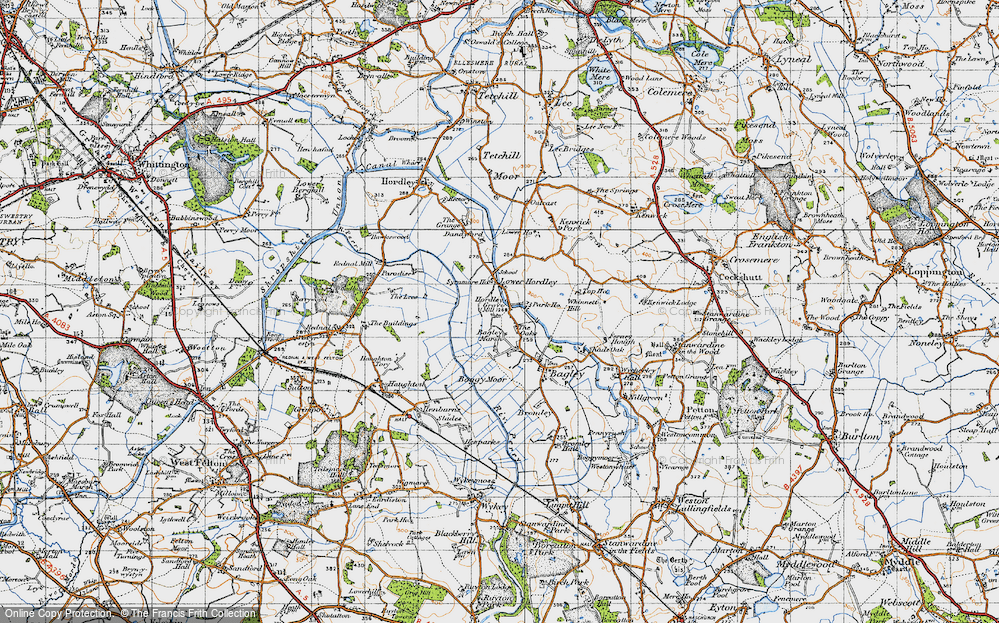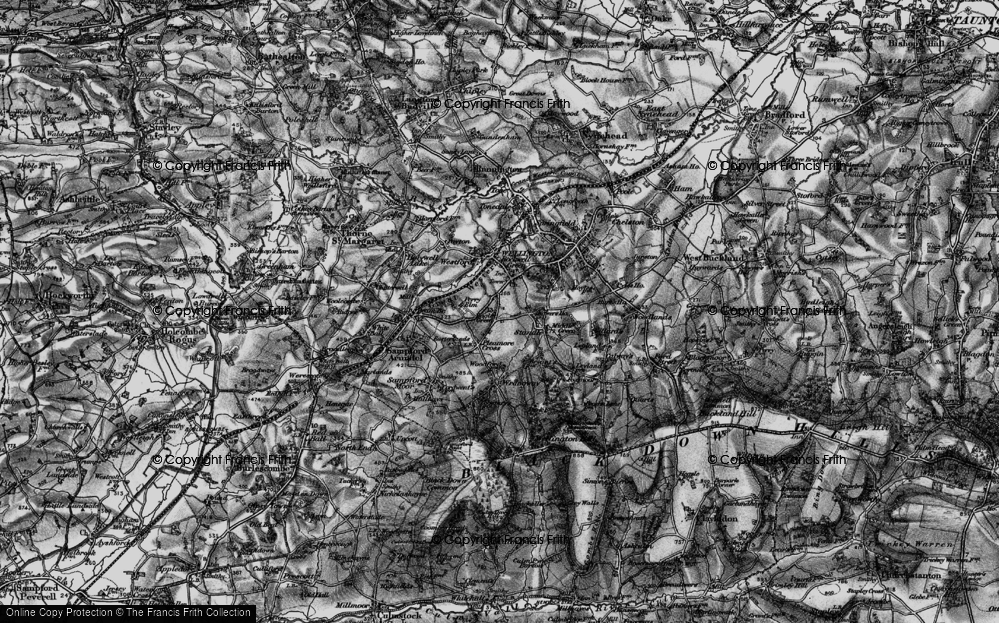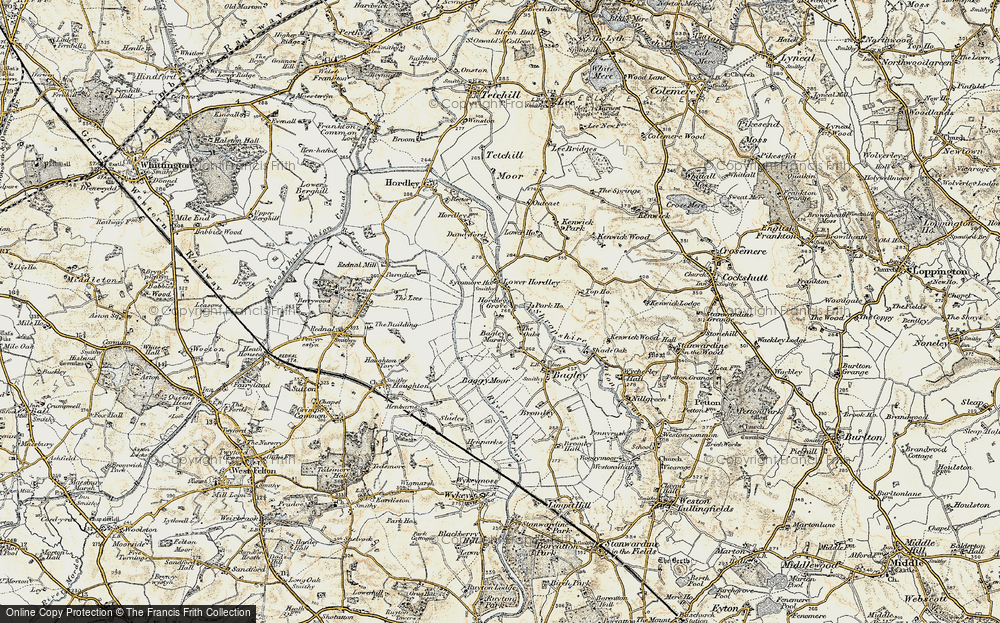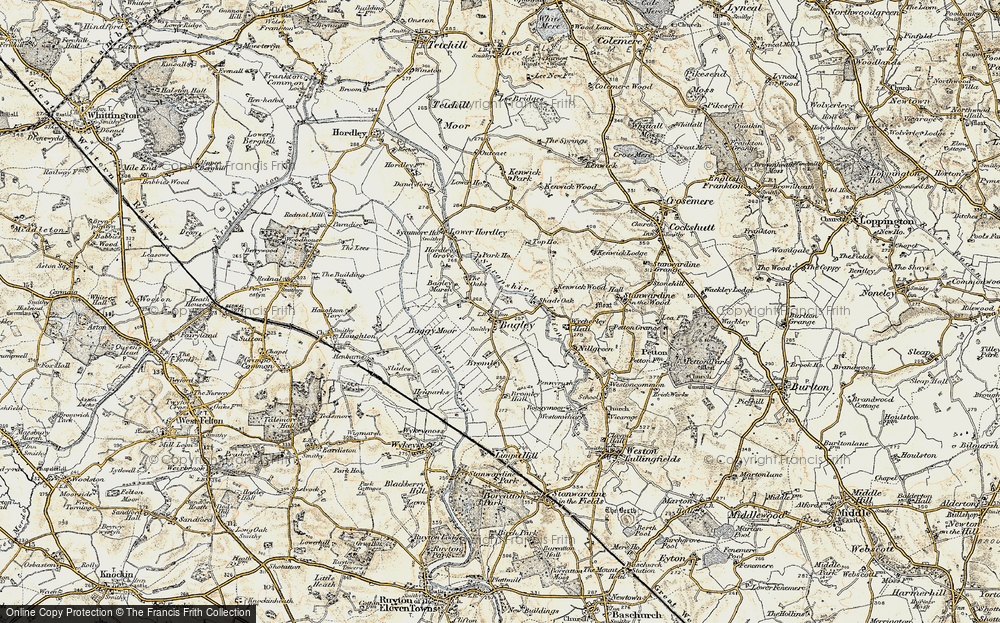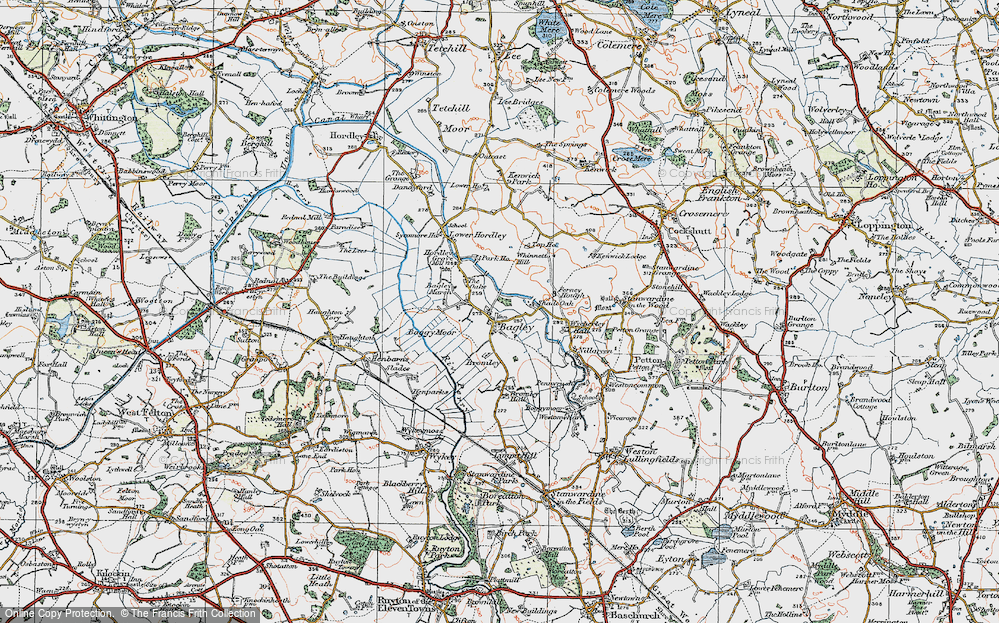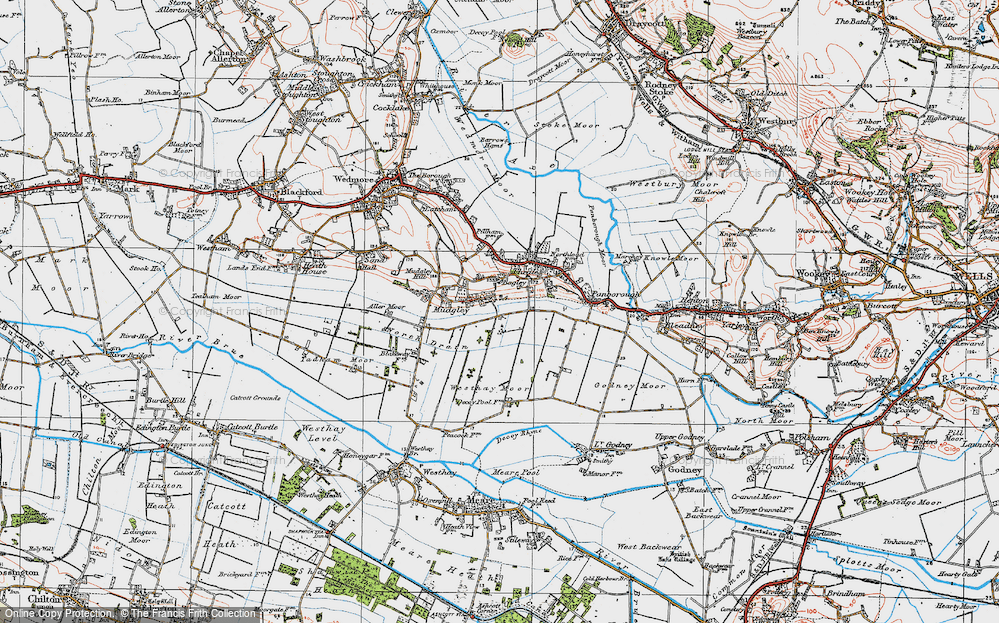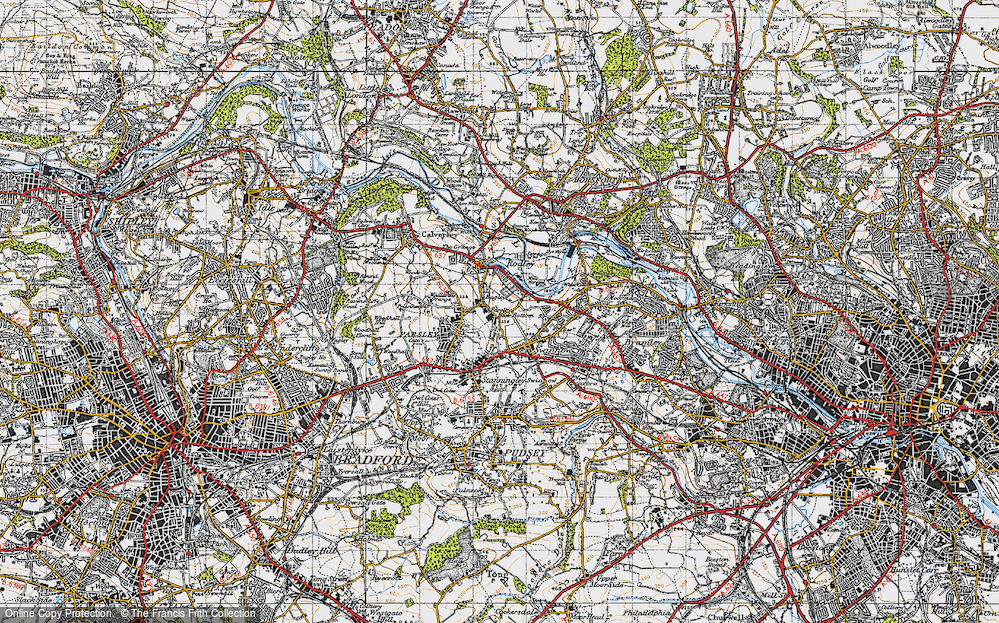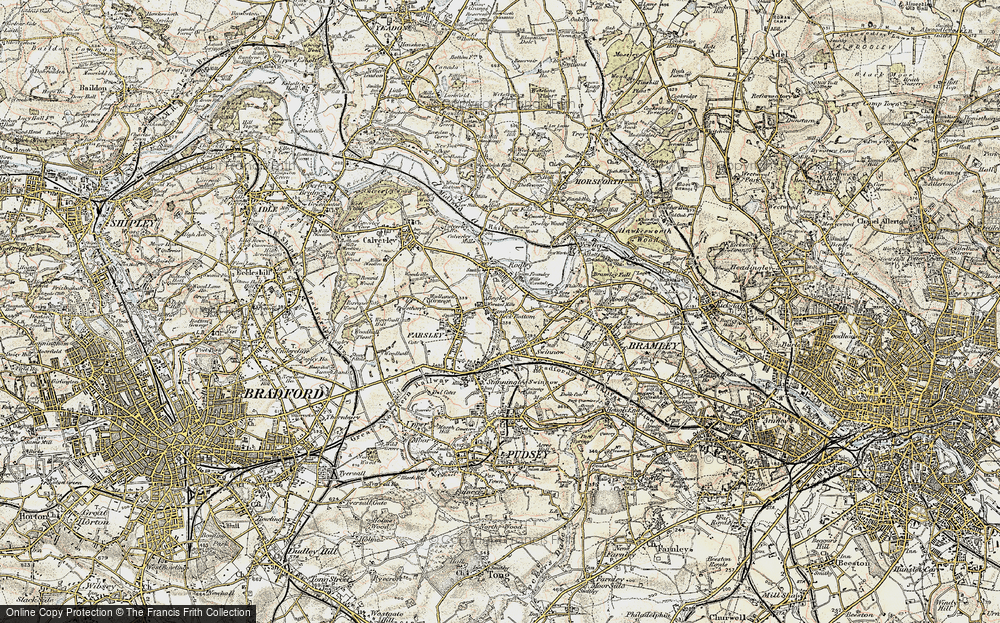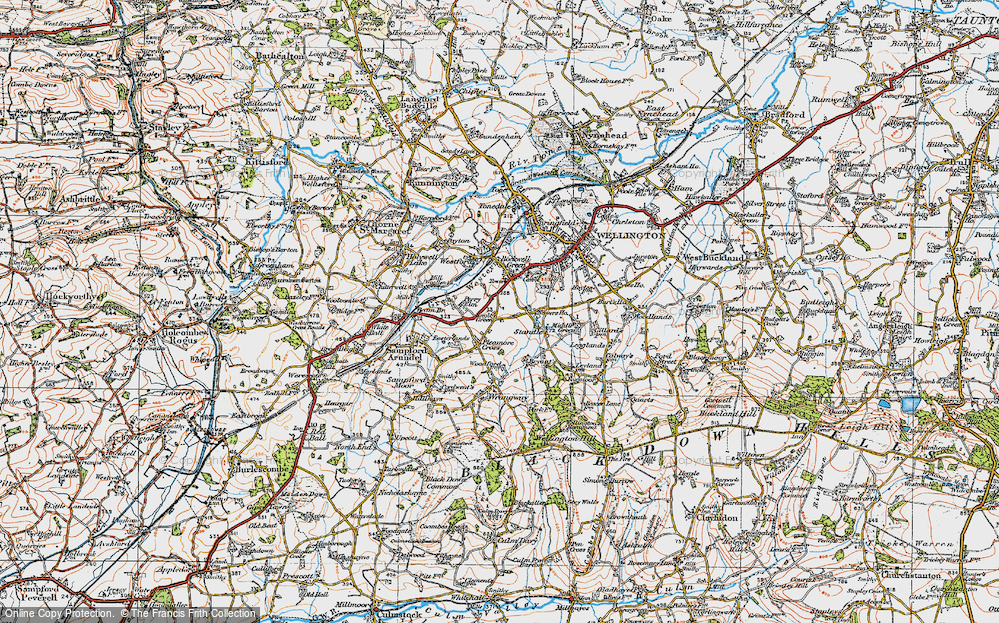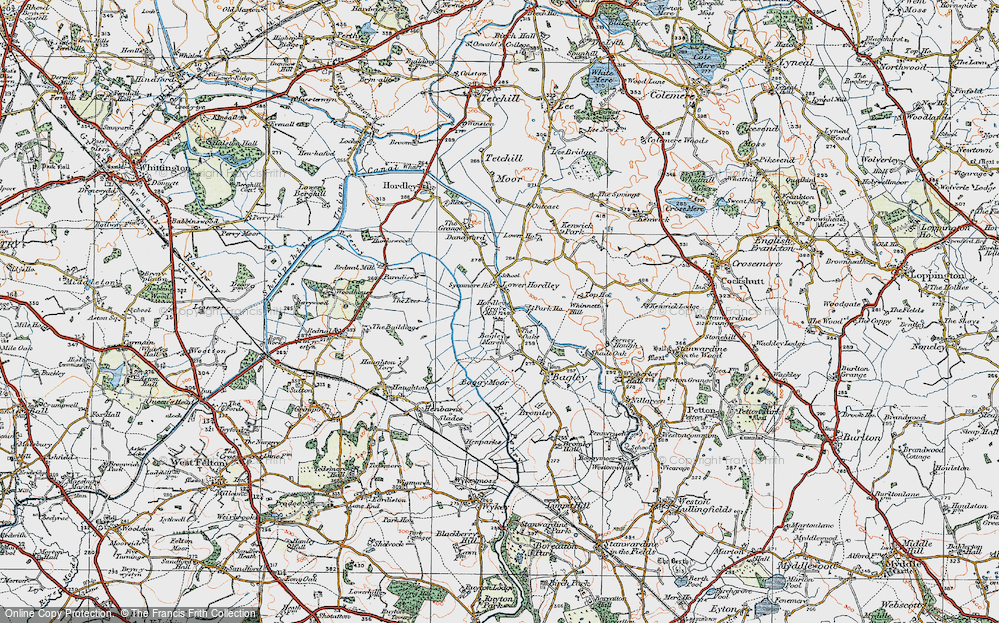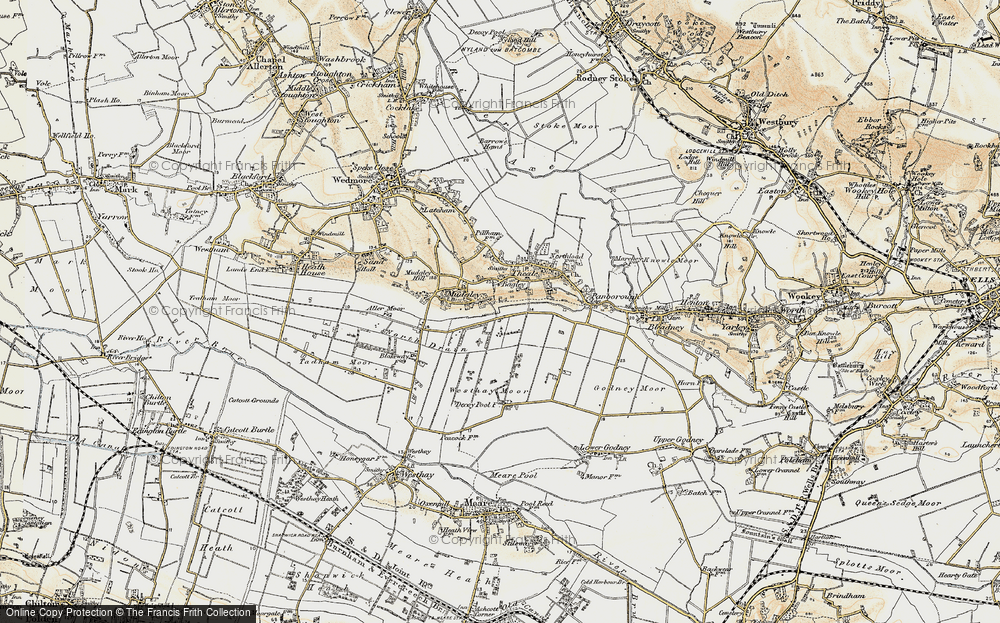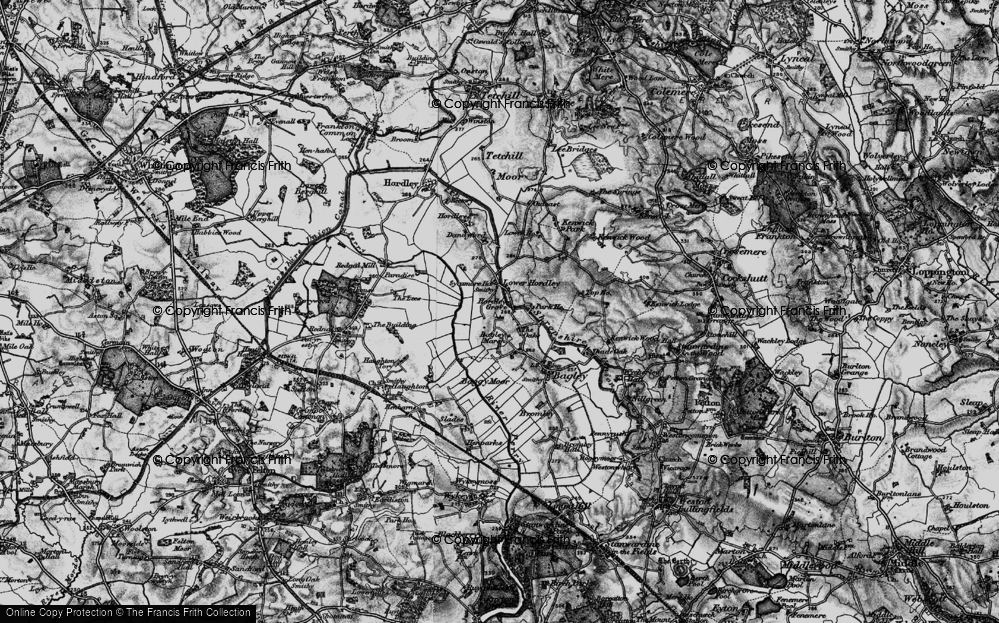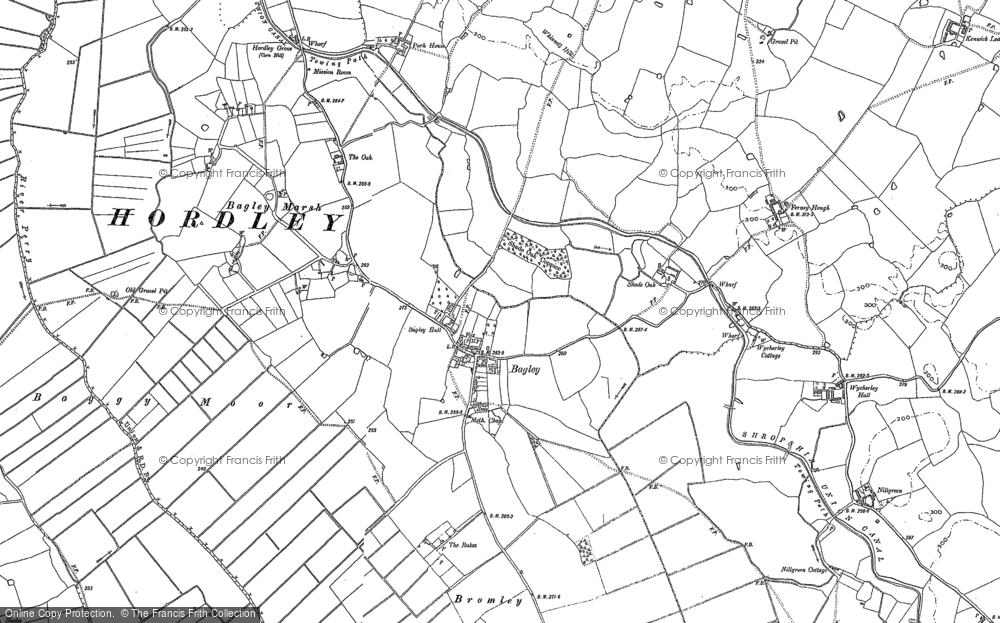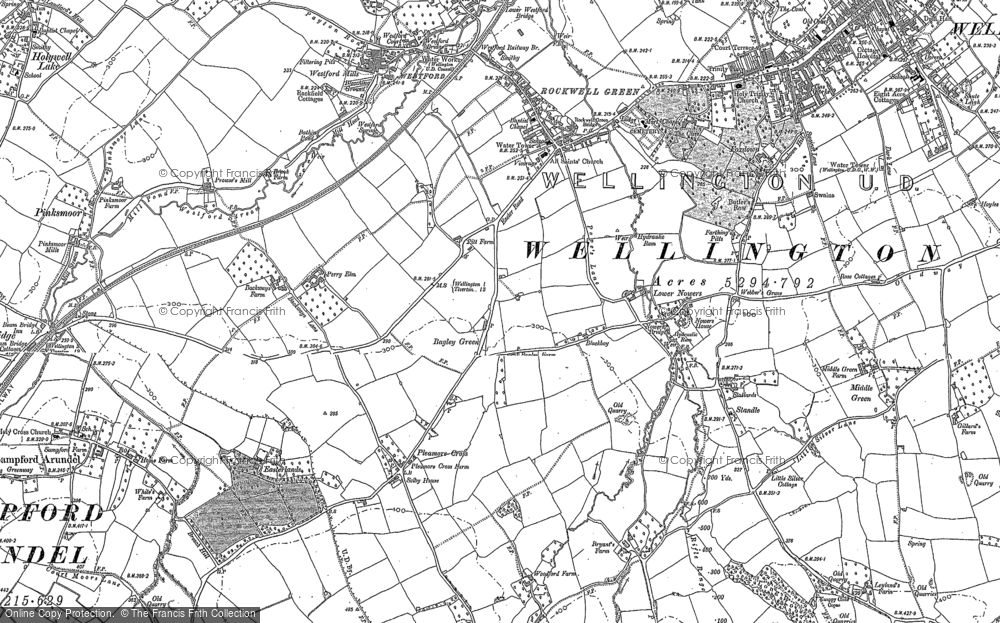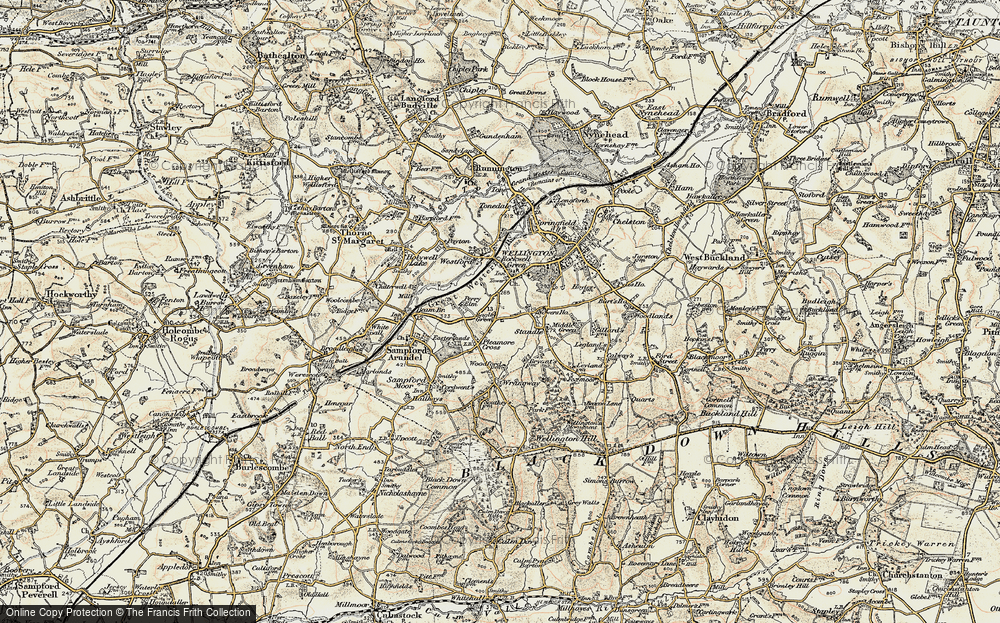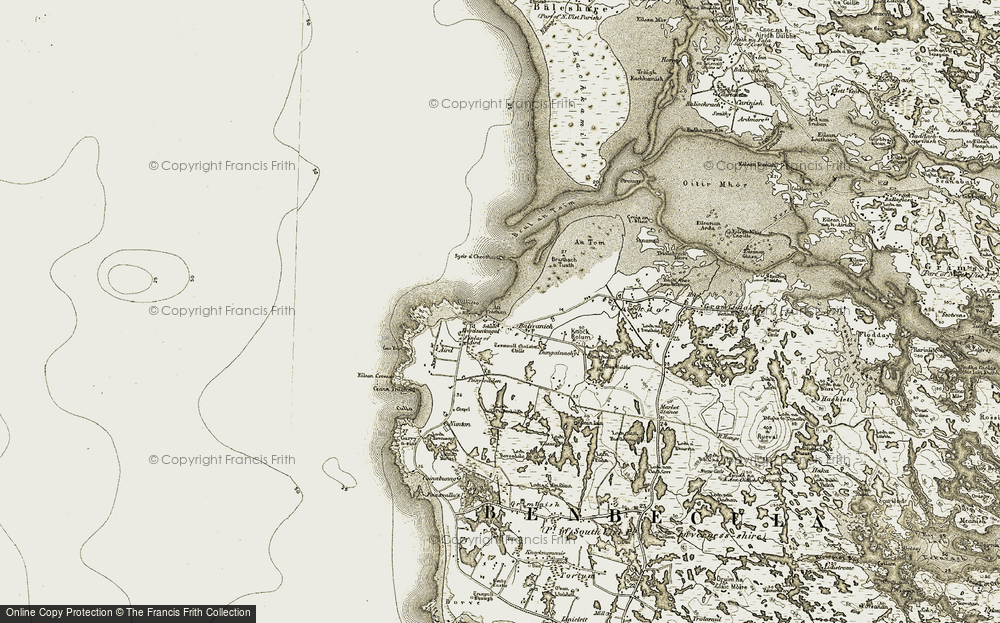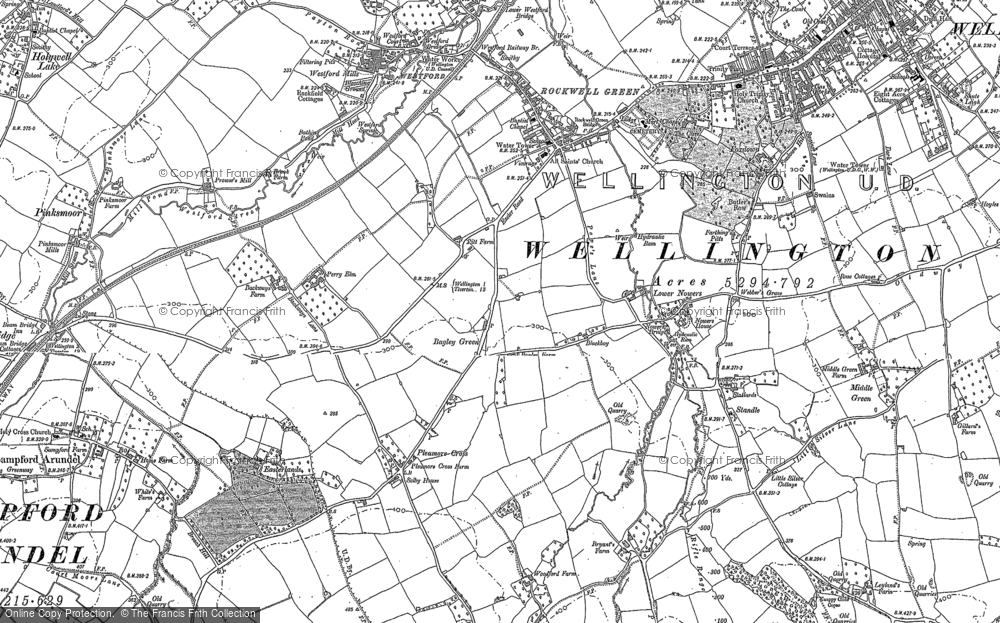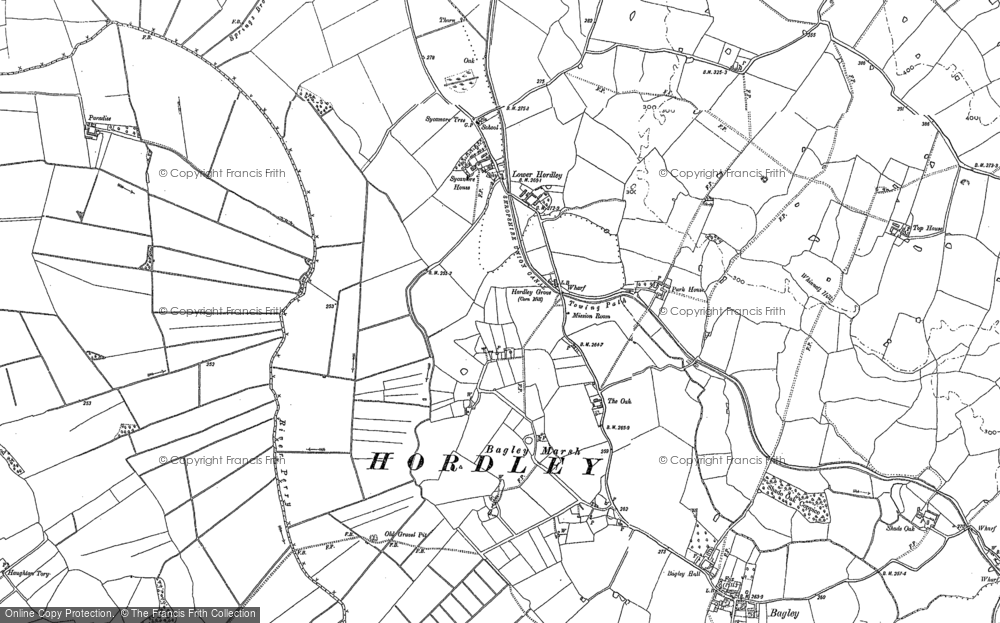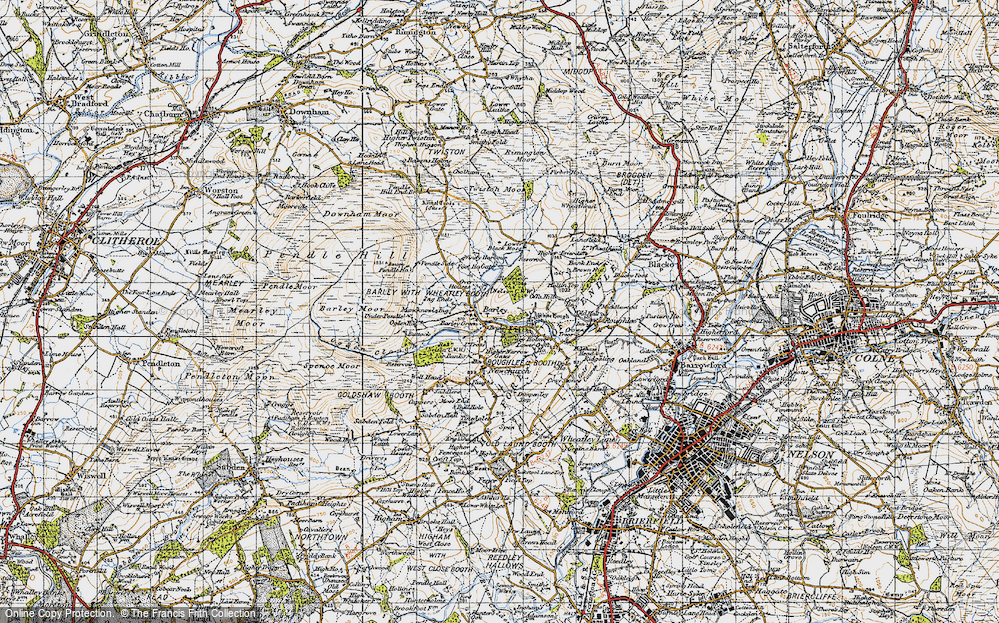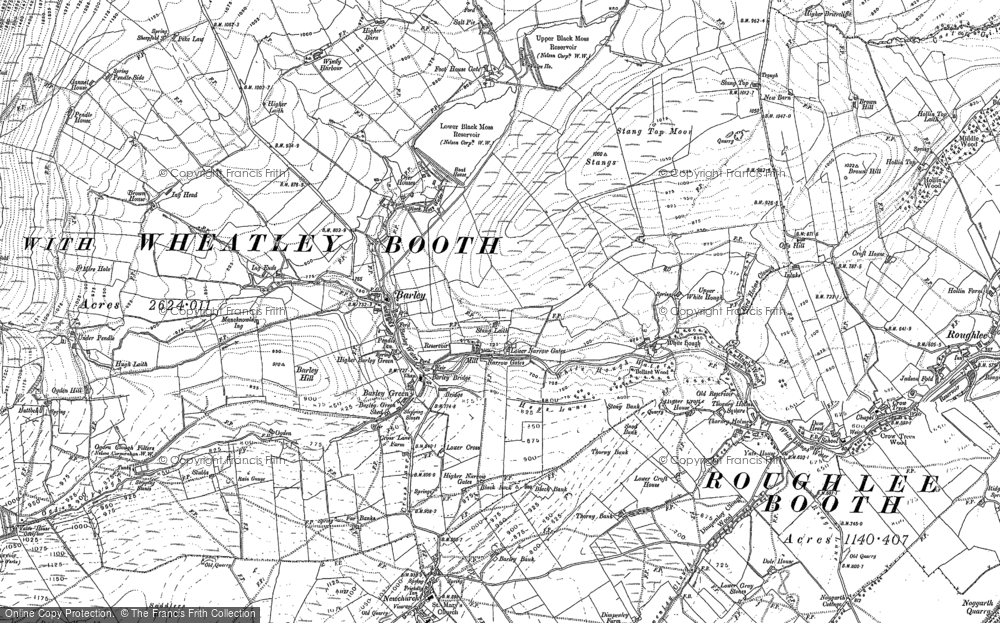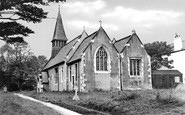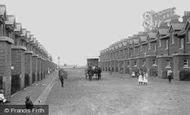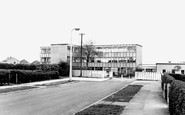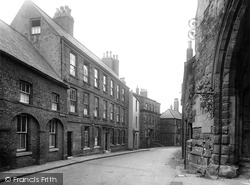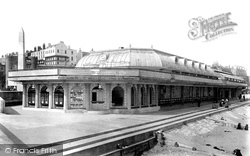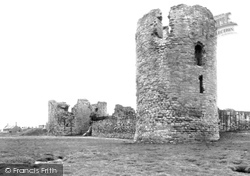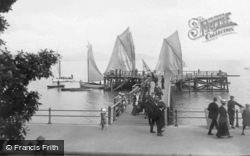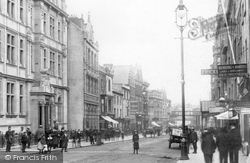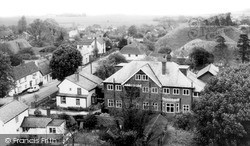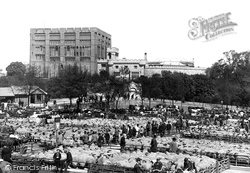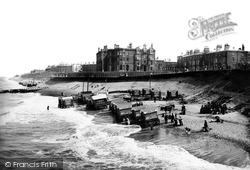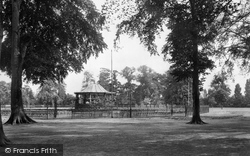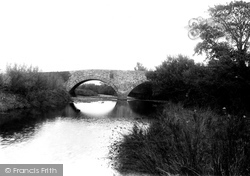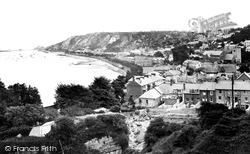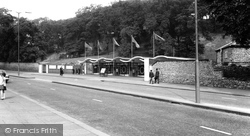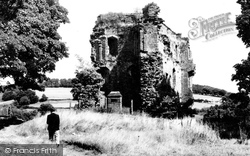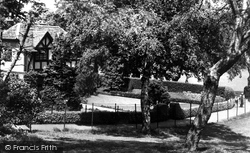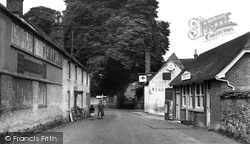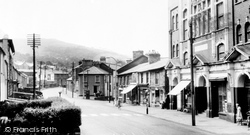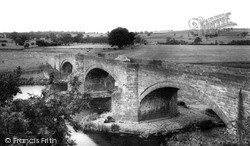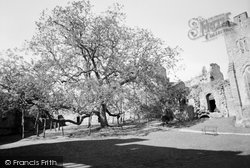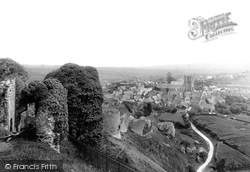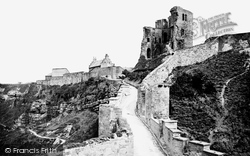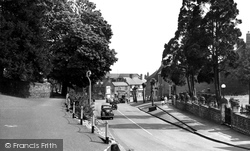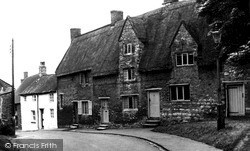Merry Christmas & Happy New Year!
Christmas Deliveries: If you placed an order on or before midday on Friday 19th December for Christmas delivery it was despatched before the Royal Mail or Parcel Force deadline and therefore should be received in time for Christmas. Orders placed after midday on Friday 19th December will be delivered in the New Year.
Please Note: Our offices and factory are now closed until Monday 5th January when we will be pleased to deal with any queries that have arisen during the holiday period.
During the holiday our Gift Cards may still be ordered for any last minute orders and will be sent automatically by email direct to your recipient - see here: Gift Cards
Places
3 places found.
Those places high-lighted have photos. All locations may have maps, books and memories.
Photos
28 photos found. Showing results 21 to 28.
Maps
63 maps found.
Books
Sorry, no books were found that related to your search.
Memories
175 memories found. Showing results 11 to 20.
Sunday School
As children we went to Sunday school from an early age. As 'littlies' - not being old enough (under 5's) to concentrate on any serious bible teaching, we attended kindergarten in the Gertrude Bell Hall with Mrs Bailey - the Vicar's ...Read more
A memory of Armthorpe in 1950 by
The Keelings 1940 Evacuees
My sister, Joy, elder brother, Richard and myself, John Keeling, were evacuated to Llanharan in June 1940. After a short time Richard and myself were placed with a lovely old lady at 12 Seymour Avenue, Mrs Surridge. I do ...Read more
A memory of Llanharan in 1940 by
Synagogue
Brynmawr, my home town, although I haven't lived there for nigh on 40 years, it's still home. I have good and bad memories of Brynmawr. I was always regarded as a blacksheep, rebel, so the bad memories are of my own making. But thankfully, ...Read more
A memory of Brynmawr by
A Wonderful Time
My family and I lived at 157 Wilmslow Road, it had just been built so all of us who lived on the road moved in around the same time, and it was a wonderful. My parents George and Thelma Goddard, had the three of us then, Georgina, ...Read more
A memory of Handforth in 1955 by
Stanton
I went to Stanton Infant / Junior school. I remember the bread being baked, Wem brewery delivering to the New Inn, the Old Mill that was destroyed in 1962, for 're-development', a tin shed was erected. The blacksmith shop was ...Read more
A memory of Stanton upon Hine Heath by
Burns Pit Disaster
From his seat, by the fire, my grandad could see the great mound of the spoil heap of Stanley Burns Pit. It was the site of a horrific explosion, on 16th February 1909, in which 168 men and boys lost their lives. He would ...Read more
A memory of Stanley in 1900 by
Does Does Anyone Remember Me? I Lived On Alta Road
We used to live at number 20 (next to the junior school), there was myself, Geoff, Geraldine, Liz my siblings and my mum and dad, my dad was called Kenneth Douglas and was a WW2 warrant officer, my ...Read more
A memory of Deepcut in 1955 by
Visiting Needham Market In The 1970s
My sister and I used to visit my three uncles each Sunday. They all were unmarried and lived in the family house in The Causeway. Not having children of their own, they doted on us girls and spoilt us ...Read more
A memory of Needham Market by
Happy Days At Brimington School?
I attended Brimington Boys from 1962 - 1966. The Headmaster during my school time was the arch nemises of all pupils, Mr D Kelly. Looking back now I have nothing but admiration and a great respect for him and his ...Read more
A memory of Brimington in 1962 by
Osterley Villiage In The 1970's
I too, remember Mrs Thomas's sweet shop (where you could get a penny lolly 'Yum Yum!') also Mrs Baileys wool shop, Ramsons Indian haberdashery shop, La Strada restaurant, Mrs Thomas in the Chemist, Mr Hales hardware ...Read more
A memory of Osterley by
Captions
113 captions found. Showing results 25 to 48.
This is located just 50m from the cathedral; it fronts onto the Bailey, a mediaeval street that follows the spine of the peninsula from the historic Market Place to Prebends Bridge.
This view shows (to the left) a poster advertising Bailey's Central Pharmacy.
Flint was given a large but weak outer bailey, but the rectangular inner ward was supported with towers at the angles.
Grange had two piers, Bailey Lane and this one, Clare House Pier, which is said to have come from Piel.
Circuses, including Barnum and Bailey's, once passed down this street on their way to the Vetch field.
This great castle mound is perhaps best seen from the top of church tower: it is a fine example of a motte and bailey.
The old cattle market occupied part of the former bailey of the castle, until 1960 when it moved out to make way for a car park.
Bailey's Hotel was the first to accommodate visitors to Blackpool, along with Bennett's and Yorkshire House. The scene is Central Beach. J Wolfe and R Penswick were the bathing machine proprietors.
The place also had a Norman earthwork castle, a motte and bailey type; in later years it was a boot and shoe making town, one of several that thrived around Northampton.
Arthur's height landed him a job with Barnum & Bailey's circus.
Note the pier (now removed) up the coast in the far distance, the cinema in the centre of the picture and J Bailey, 'Family Butcher' on this side of it.
This wooded hill in the town centre is topped by the ruins of a Norman castle, whose builders might not be entirely surprised to find that the outer bailey now houses a zoo: after all, exotic animals were
Little remains of Robert de Turbeville's early 12th-century motte and bailey castle. Its stone succes- sor was built in 1272 by Sir Grimbauld Pauncefote.
This sylvan path winds down from the castle inner bailey towards Park Lodge, and then through the Roman wall to more open parkland with the boating pool and the River Colne.
Castle Street is named for a Norman motte-and-bailey earthwork on the wooded hill above the village. The Fleur-de-Lis hotel stands to the right.
This town developed around the ironworks, which were founded by Crawshay Bailey in 1846.
After being swept away by flood-water in the early morning of 25 March 1968 it was replaced by a Bailey bridge, meant to be temporary, but which is still there today.
However, all`s well that ends well, since here in the Lower Bailey the public can now be entertained on a summer`s evening by open-air productions of Shakespeare.
Oliver Vye's Lane (lower right) runs below the ruined mediaeval towers of the Outer Bailey.
Little remains of Robert de Turbeville's early 12th-century motte and bailey castle. Its stone successor was built in 1272 by Sir Grimbauld Pauncefote.
Any attacking force attempting to enter the bailey was faced with the prospect of having to run the gauntlet of defending fire from the keep's battlements.
The church dominates views from the south while behind it, to the north, are the remains of the Norman motte and bailey castle. Remarkably, the brutally pruned lime trees survive.
Wollaston is a small market town with a charter granted in 1260 and with the remains of a motte and bailey castle.
The old cattle market occupied part of the former bailey of the castle, until 1960 when it moved out to make way for a car park.
Places (3)
Photos (28)
Memories (175)
Books (0)
Maps (63)




